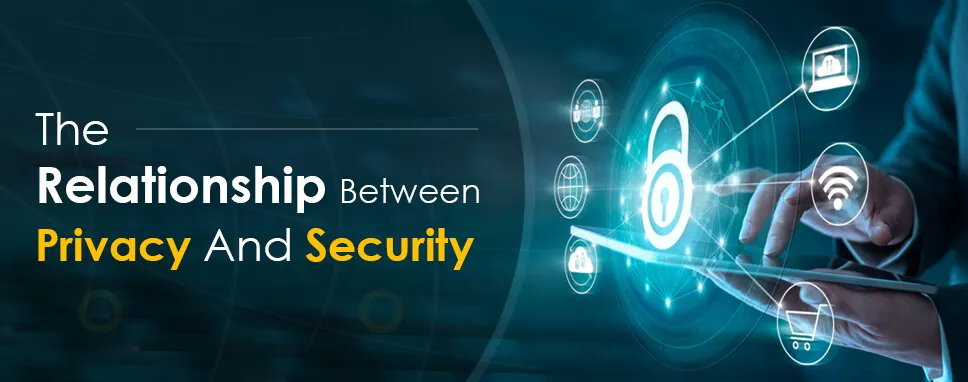How to Do Forecasting in Power BI (Steps & Accuracy Metrics)
Remember our last guide - Power BI forecasting? It revealed things that truly blocks accuracy, both structural and situational. Now it's time to take the next step. Knowing Power...
Listening is fun too.
Straighten your back and cherish with coffee - PLAY !

Some people consider privacy and security to be the same thing. That’s because the terms sometimes overlap, which causes confusion. The truth is, security and privacy are different but related. And it’s a great idea to have both, as each can affect your online safety.
Below, we’ll help you understand what privacy and security is and why the two are important so you can protect yourself in an ever-increasing connected world.
So, let’s get started:
Privacy refers to the right of individuals to control access to their personal information. On the other hand, security refers to the tools and techniques used to ensure your personal information is safeguarded.
If you’re not careful, your data can end up in many unexpected places – this can be challenging for both your security and privacy! Still confused? Well, let’s take a look at an example for your better understanding.
As you know, you’re required to enter certain pieces of information when creating an account with any website. What happens next? There are three potential outcomes.
As the old adage goes: You can have security without privacy, but you can’t have privacy without security. While technology has made everyone’s life easier in a lot of ways, our increasing dependence on it leaves us exposed to a variety of security risks like identity theft.
Inadequate security measures can lead to information systems (and the huge amounts of data they hold) becoming compromised, and the consequences can be devastating for individuals who have their data stored on them.
Unfortunately, data breaches are only increasing with time. In 2019, more than 15.1 billion were exposed as a result of 7,098 breaches! Those numbers speak for themselves and highlight the need for better security.
Privacy is all the rage these days, and it isn’t difficult to understand why. Data breaches are happening way too often, invasive data collection practices have become the norm, and government-surveillance is on the rise. What’s worse, all this is just the tip of the iceberg.
According to a survey by Pew Research Center, a majority of Americans are concerned about how their data is being used by companies and the government. Furthermore, most also believe they have little control over the personal information collected about them by these entities.
Yes. There are many tools that can help protect your security and privacy at the same time. Take, for instance, a Virtual Private Network (VPN).
These services stop third-parties from tracking your online activities by masking your true IP address with another one. Furthermore, they also keep your data from falling into the wrong hands by using robust encryption.
Another good example is The Onion Router (Tor), which encrypts your traffic and bounces it via a network of nodes spread across the world.
While it makes sense to stick to companies that take your privacy and security seriously, there are certain measures you should take on your own as well. Some of them include:
Remember, both privacy and security is important in our highly connected world. You can (and absolutely should) have each as they play a critical role in the overall protection of your personal information.

Remember our last guide - Power BI forecasting? It revealed things that truly blocks accuracy, both structural and situational. Now it's time to take the next step. Knowing Power...

It's amazing to see how Data teams today are racing ahead - moving from traditional warehouses to cloud-native platforms, lakehouses, and real-time architectures. But in this rush,...

Think about the last time CTOs spent most of their time fixing old systems. Updates were slow, servers were expensive, and adding new features took time. Now, things have changed....